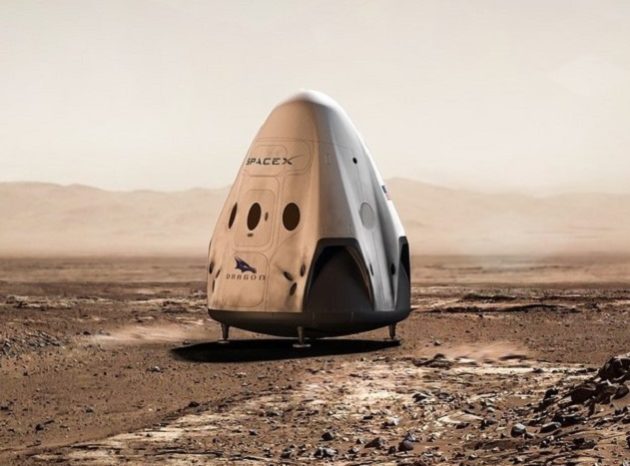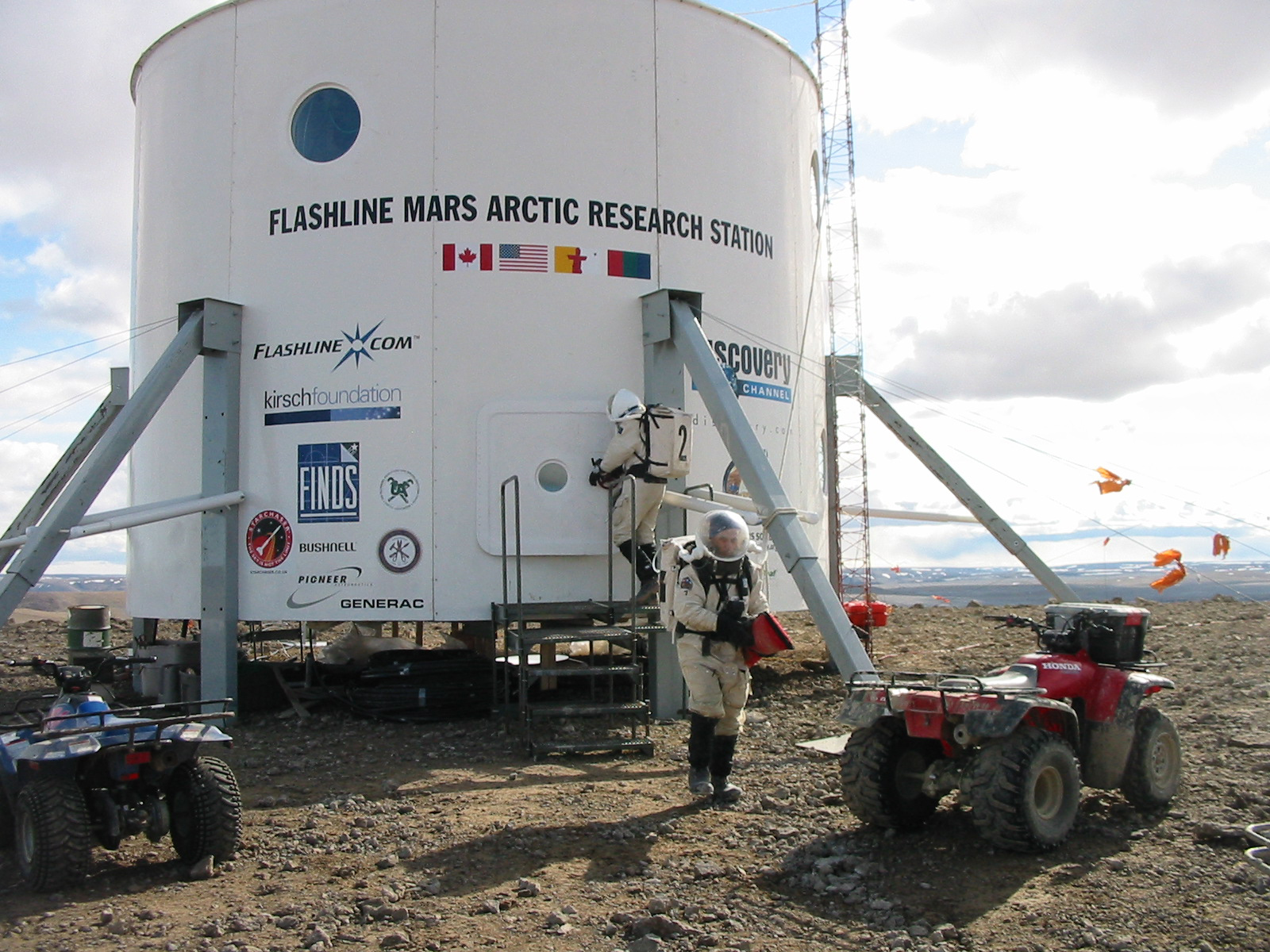Mars Society Australia directors Dr Jonathan Clarke and Annlea Beattie have departed for an 80 day simulated Mars Mission at the Mars Desert Research Station in Utah. They will form part of an international scientific crew undertaking the first of two long duration missions as part of the Mars160 Mission program initiated by the US Mars Society. The mission will formally commence on 24 September at the same time as the 19th Annual Mars Society Convention in Washington. The MSA board owould like to wish Jonathan, Annalea and the other crew members a safe and successful mission.
Read the full original mission announcement.


 Introduction
Introduction
